Berlin, the capital of Germany, is a city that exudes history, culture, and a vibrant modern spirit. Nestled in northeastern Germany, this metropolis holds a prominent place in European history and is a hub for art, culture, and innovation. Let’s delve into the multifaceted aspects of Berlin, exploring its geography, rich history, vibrant culture, iconic landmarks, and its promising future.
Geography
Location: Berlin is situated in northeastern Germany and serves as the country’s political, cultural, and economic center. It lies in the heart of Europe, making it a crucial transportation hub for the continent.
Surrounding Regions: The city is surrounded by the state of Brandenburg, characterized by picturesque lakes, forests, and charming towns. The region’s natural beauty offers a striking contrast to Berlin’s urban landscape.
Topography and Natural Features: Berlin boasts a relatively flat terrain, with the River Spree flowing through the city. The cityscape is dotted with lush parks and green spaces, with the sprawling Tiergarten Park being a popular recreational spot.
History
Early History and Founding: Berlin’s history dates back to the 13th century when it was founded as a trading post. Over the centuries, it evolved into a significant cultural and political center.
Medieval Period: Berlin grew during the Middle Ages, becoming the capital of the Margraviate of Brandenburg in the 15th century. Its strategic location on trade routes contributed to its prosperity.
Prussian Era: The 18th century saw Berlin’s transformation into a key Prussian city under the rule of Frederick the Great. It became a center of Enlightenment philosophy, literature, and culture.
World War I and II: Berlin played a pivotal role in both World Wars, with World War II leaving the city heavily damaged, especially during the Battle of Berlin in 1945.
Cold War and Division: The post-World War II period witnessed the division of Berlin into East and West, with the construction of the Berlin Wall in 1961, separating the city for nearly three decades.
Reunification and Modern Era: The fall of the Berlin Wall in 1989 marked a turning point, leading to the reunification of Germany and the establishment of Berlin as the capital of a unified nation. Since then, the city has seen rapid development and modernization.
Culture
Arts and Literature: Berlin has a thriving arts scene, with numerous galleries, theaters, and museums. It has been a muse to many artists, including the famous painter Otto Dix and writer Christopher Isherwood.
Music and Nightlife: The city is renowned for its electronic music and techno scene, with iconic nightclubs like Berghain attracting music enthusiasts from around the world.
Food and Cuisine: Berlin offers a diverse culinary landscape, from traditional German dishes like currywurst to international cuisine. Street food markets and food festivals are common.
Language and Dialects: The predominant language is German, but due to its cosmopolitan nature, you’ll hear a multitude of languages spoken in Berlin. The Berliner dialect is also unique and adds to the city’s charm.
Festivals and Events: Berlin hosts a plethora of festivals, including the Berlin International Film Festival (Berlinale), Berlin Fashion Week, and the vibrant Christopher Street Day parade celebrating LGBTQ+ rights.
Landmarks and Attractions
- Brandenburg Gate: An iconic neoclassical monument that symbolizes unity and peace.
- Berlin Wall: The remnants of the wall serve as a reminder of the city’s divided past.
- Reichstag Building: The seat of the German Bundestag, offering a stunning glass dome with panoramic views.
- Museum Island: A UNESCO World Heritage site housing world-class museums and cultural treasures.
- Berlin Cathedral: An impressive architectural marvel overlooking the River Spree.
- Checkpoint Charlie: A historic Cold War checkpoint, now a museum.
- East Side Gallery: A long stretch of the Berlin Wall adorned with vibrant street art.
- Tiergarten Park: A vast green oasis in the heart of the city.
- Pergamon Museum: Home to ancient artifacts and archaeological wonders.
- Berlin TV Tower: A towering landmark with a revolving restaurant and breathtaking views.
Economy
Berlin’s economy is diverse, encompassing sectors such as technology, creative industries, finance, and tourism. It’s a hotspot for startups and is often called “Silicon Allee.” The city’s economic vitality is driven by its innovative spirit and global connectivity.
Education and Research
The city is home to renowned universities like Humboldt University and the Free University of Berlin. It has a rich tradition of scientific research, with many Nobel laureates hailing from Berlin.
Transportation
Berlin boasts an efficient public transportation system, including buses, trams, U-Bahn (subway), and S-Bahn (commuter trains). The city’s two major airports, Tegel and Schönefeld, ensure international connectivity.
Government and Administration
Berlin is both a city and a federal state within Germany. It has its own government and mayor, overseeing the administration of the city-state.
Notable People
Berlin has been home to a multitude of notable figures, from philosophers like Immanuel Kant to musicians like David Bowie, who famously lived in the city during the late 1970s.
Future Outlook
The future of Berlin is promising, with ongoing urban development projects, a flourishing tech sector, and a commitment to sustainability. The city continues to evolve while preserving its rich cultural heritage.
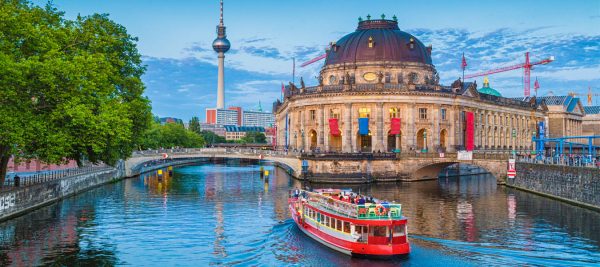
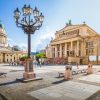
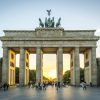
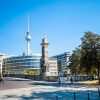
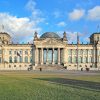
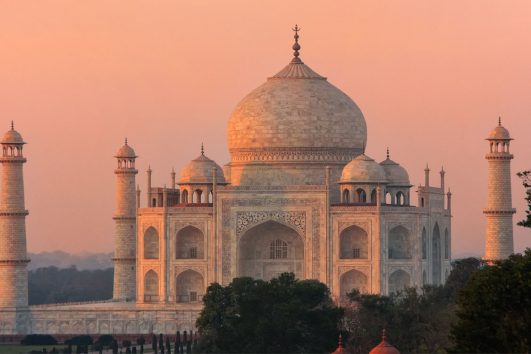
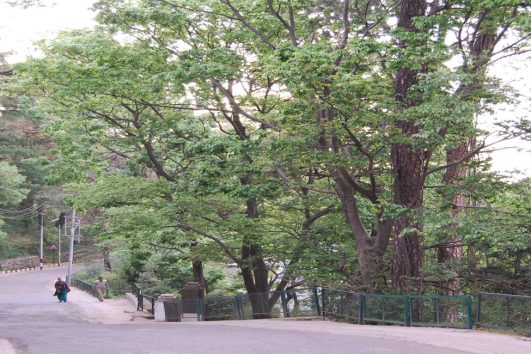
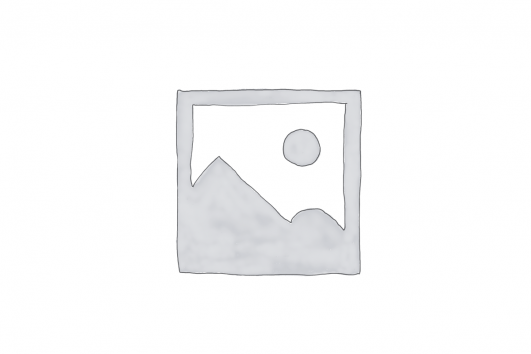
Tour Reviews
There are no reviews yet.
Leave a Review